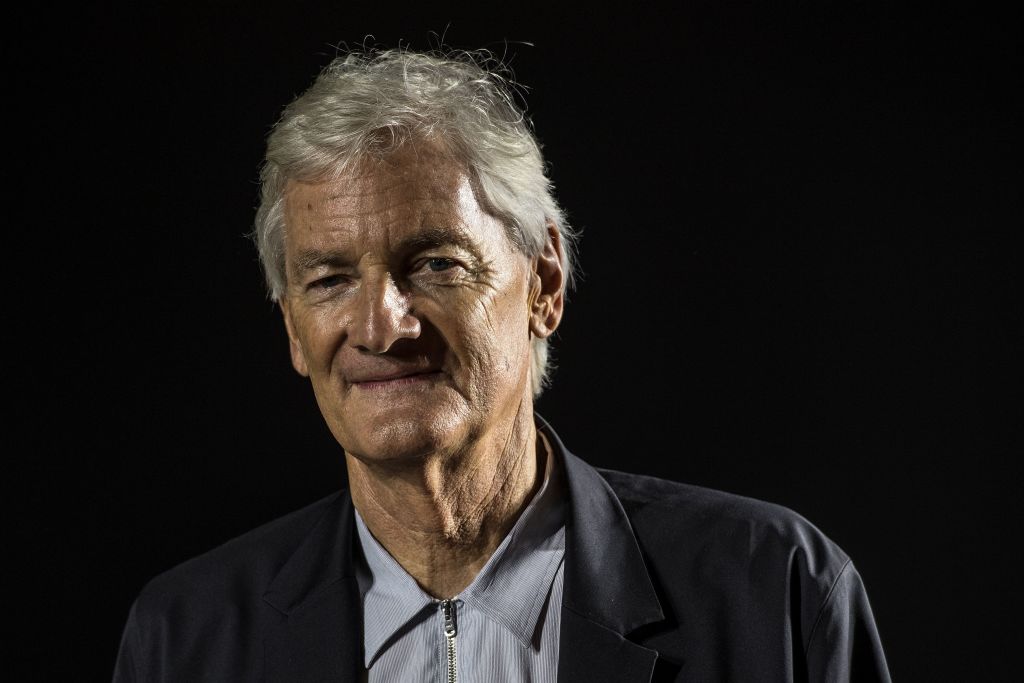He backed Brexit for a wheeze – and then, when he realised that it was actually going to happen and the implications for his business sank in, he fled to Singapore. That, very simply, is the Remainer case against Sir James Dyson. But how does it stand up against reality now that Brexit has happened? In an interview with the BBC, Dyson revealed a little more about his decision, in 2019, to relocate his HQ in Singapore, and why he backed Brexit.
Dyson has burned his fingers, but not in the ways which Remainers asserted
No, Sir James has not left Britain. His company still employs around 4,000 people here, and moreover, its Wiltshire operation is expanding. Moving the HQ to Singapore, he says, was not a relocation but an expansion into growing markets. While Dyson continues to develop robotics and artificial intelligence in Britain, the company is developing advanced manufacturing in Singapore and software in the Philippines. Dyson explains: ‘We can develop technology, but understanding what Asians want and what works in the market – we have to be there, we have to be immersed in it.’ He also claims that his earlier decision to shift manufacturing to Asia in the 2000s – which was bitterly attacked by unions at the time – was partly as a result of suppliers in Britain not wanting to expand.
Dyson has burned his fingers, but not in the ways which Remainers asserted. In 2019 he abandoned plans to develop and manufacture an electric car in Singapore on the grounds that it would not be commercially viable. He also took a personal hit when he sold his Singapore penthouse last year for an £8 million loss. But the accusations by Remainers that Dyson is a hypocrite don’t stand up. Whether Britain is in or out of the EU single market makes little difference to the company, given that it was already manufacturing its products in Singapore. Therefore, before Brexit, it was already having to pay tariffs to sell to European consumers. That hasn’t changed with Brexit, and neither has it changed with the relocation of Dyson HQ to Singapore. It is possible, though, that in future Britain could lower tariffs on imports from Singapore – something which is all the more likely to happen following Britain’s application to join the Trans-Pacific Partnership. An outcome of Brexit that has already benefitted Dyson, raised by Sir James in today’s BBC interview, is that Britain’s new points-based immigration system has made it easier to bring skilled staff to Britain from Asia.
In other words, calling for Brexit did not work against Dyson’s interests, and relocating his HQ to Asia did nothing to alleviate any negative effects from Brexit. Therefore, the charge of hypocrisy fails. Had he been manufacturing in Britain at the time of the Brexit vote and subsequently decided to shift his factory to, say, Germany, he would quite reasonably have been called a hypocrite. But he didn’t. Rather, he saw that it would benefit his business to refocus it on the growing economies of South Asia. That is fully consistent with a belief in Brexit. Indeed, one of the principal messages of the Leave campaign was that Britain would be better decoupling from a sluggish EU and seeking greater opportunities to invest in faster-growing parts of the world – exactly as Dyson has done.







Comments